Quitting snuff abstinence – this is how to handle the problem
Putting snuff on the shelves means taking a major step towards a healthier life. But it isn’t a very simple step to take. There is a tough period with abstinence problems standing between you and a nicotine-free life. Unfortunately, there is no easy way around it. The problems with abstinence are difficult and taxing but they can be managed and overcome. With smart techniques, a healthy way of thinking and a pinch of will you can quit snuff. Your body and your mind will thank you for your effort!
Abstinence problems from quitting snuff
How long does the abstinence last once you quit snuff?
How long you will have to fight against abstinence problems is different for different people. Above all, it is related to how much and how often you usually use snuff. The more you use snuff, the greater likelihood there is that you will experience difficult problems with abstinence once you quit. At the same time, it is important to remember that problems with abstinence are temporary and will pass, they are a challenge but they have an end!
The first week after you quit using snuff is normally the most difficult and the period where the nicotine craving is the greatest. It isn’t strange, your body has build up a dependence over a long period of time and when the dependence suddenly is no longer satisfied then the body starts protesting.
Normal abstinence problems can be:
- A strong nicotine craving
- Irritation, anger or frustration, depression. It’s common to have mood swings
- Headache
- Nausea
- Dizziness – a side effect of your blood pressure dropping from having been too high due to nicotine use
- Tiredness
- Craving for sweets and hunger
Which and how intensive the abstinence problems are largely depends on how great the nicotine dependence is. For some it is very trying, but others only experience mild problems. For the person who is experiencing strong discomfort from nicotine abstinence it can be difficult to maintain the motivation: It is worth it if I feel this bad?
The answer to the question is yes, quitting a nicotine dependence is a lovely gift to give yourself because it improves your health and your mood. When you choose to stop using snuff you also skip the hazardous substances that are found in tobacco.
Things to keep in mind when you want to get rid of your dependence
Problems with abstinence can feel different and vary in degree from person to person. It is largely related to how strong a person’s dependence is and how much and how long you have used snuff for. But most people who reduce the amount of snuff or quit completely feel some form of abstinence and for many it is a very difficult time. Abstinence frequently leads to a relapse.
When you go through abstinence problems there are a number of good things to think about:
- The problems are temporary. Even though it feels super difficult, try to remember that it is a period that will pass. Just like the body once got used to having nicotine, it will get used to not having it. Stay strong – it will get better!
- You can alleviate the symptoms. Exercise is a good way to dampen the craving for snuff and to boost the motivation. Relaxation exercises are another. A balanced and nutritious diet are a third. The most important thing is to find something that suits you specifically.
- Learn from others’ experiences. Former snuff users in your surroundings possess invaluable knowledge and have great understanding for your situation. Think about them in tips and motivation!
Quit snus – abstinence day by day
There is physical abstinence and mental abstinence problems. Which is worst can vary from time to time and from person to person. However, both can be challenging.
- The first day
The first day and during the first days of quitting snuff the abstinence problems are often very troublesome. Nicotine cravings are at their top as you no longer receive the dose the body is used to. You likely feel the abstinence physically with dizziness, nausea, tiredness, etc.
- The third day
Here many people find that the nicotine craving is the worst. If you can hold out through this peak of abstinence problems then it will get easier in a few days.
- One month after quitting snuff
The body has actually gotten used to being without nicotine, but there can still be a craving for snuff from time to time, although at longer intervals.
The more time that passes, the easier it will feel and a life without tobacco becomes the new normal.
Triggers and special situations
For many who have had a long-term snuff addition it is about much more than the nicotine dose in the portion of snuff that contributes to the dependency. There are many mental aspects that weigh into a dependency. This may include special situations, occasions and daily rituals that you associate with snuff, which actually have nothing to do with the physical nicotine craving.
Perhaps it is snuff with your morning coffee? A portion of snuff after lunch? Snuff to get through certain elements of your job? Most who use snuff have their “must have portion of snuff” things. Even though you have gotten rid of the physical nicotine craving then it can still be triggered by these situations.
Try to avoid places and habits that you associate with snuff as much as you can, or try replacing the snuff with something healthy. Eat a piece of fruit instead of a portion of snuff or why not try nicotine-free snuff. Another good habit is taking a walk instead of taking a portion of snuff after a meal. What is good with habits is that it is actually possible to create new and healthier habits!
Smart tips make it easier for you to get through the problems
With a clear strategy it will become easier to handle the abstinence problems and remain snuff-free.
- List your reasons for becoming snuff-free
What is it that makes you want to quit snuff? Is it for your health? Would you like to save money? No matter what your motive is, it can be good to put them into a list. If you are facing a particularly difficult period with abstinence problems, then a list of advantages can actually be a motivation booster and help you to remain on track.
- Celebrate your successes
Each day you succeed in being free from nicotine is a major win that deserves to be celebrated. Give yourself a reward for each major step you take, find something you think is fun or treat yourself to something good. You are amazing and deserve to be celebrated!
- Have good people to lean on
Find key persons in your surrounds who can be a sounding board and provide moral support on your journey towards a nicotine-free life. Friends and family should be understanding of your battle and give you support along the way to quitting snuff. Also get help from any former snuff users who you know. They know what you are dealing with and in the best case they can share their experiences and tricks. Sometimes having support can be decisive to you remaining free from snuff.
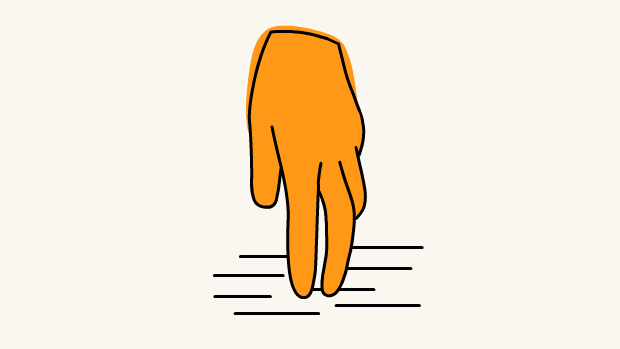
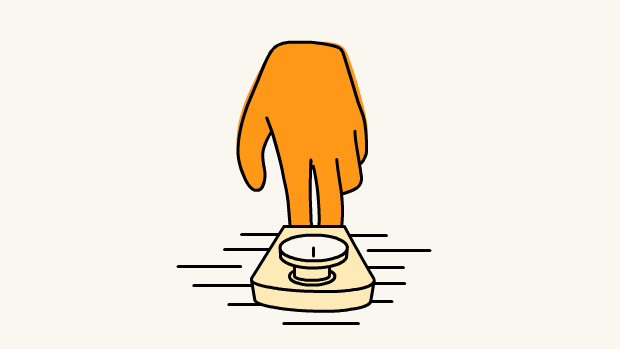
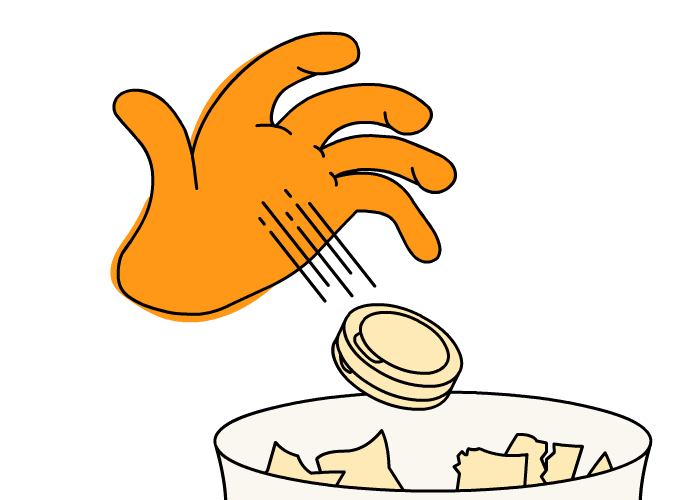
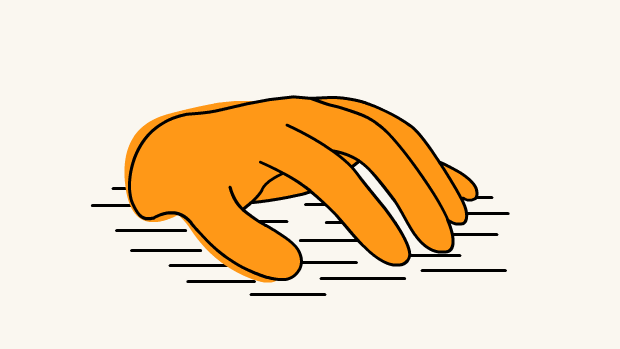

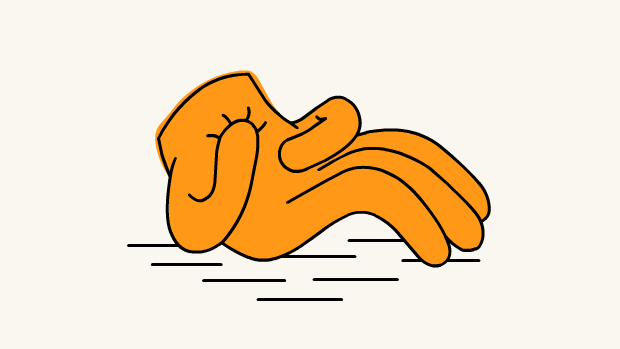
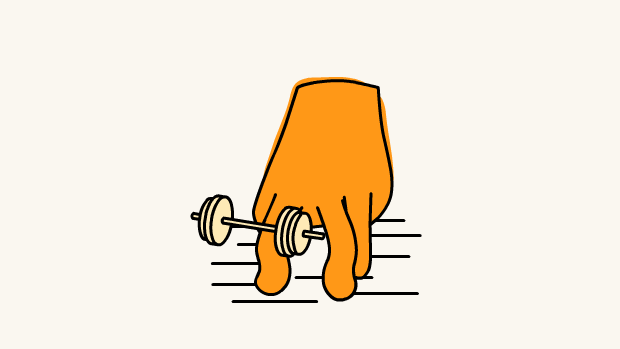
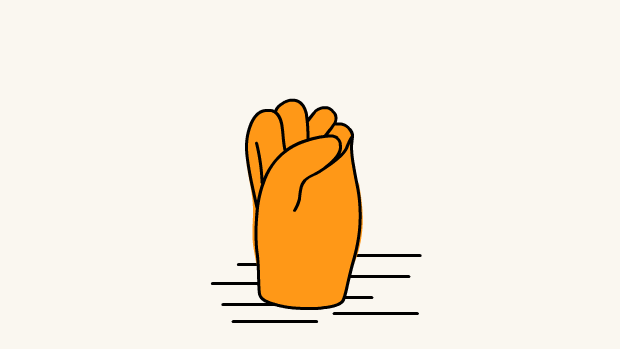
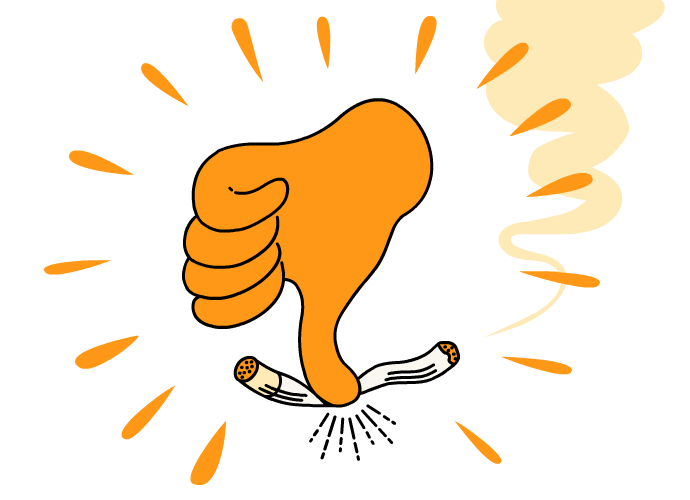
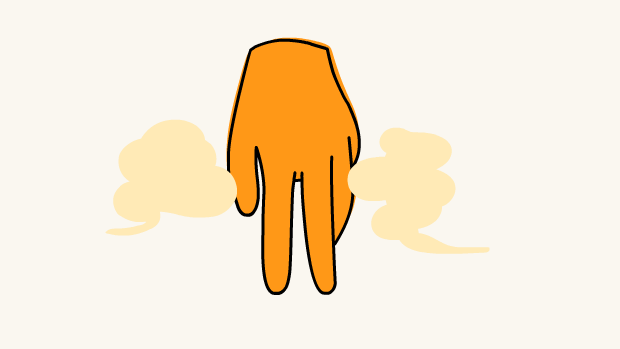

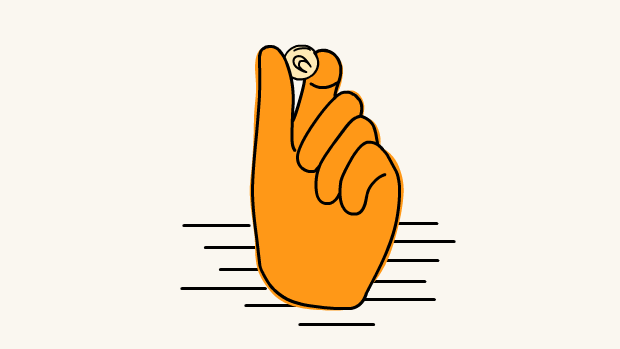

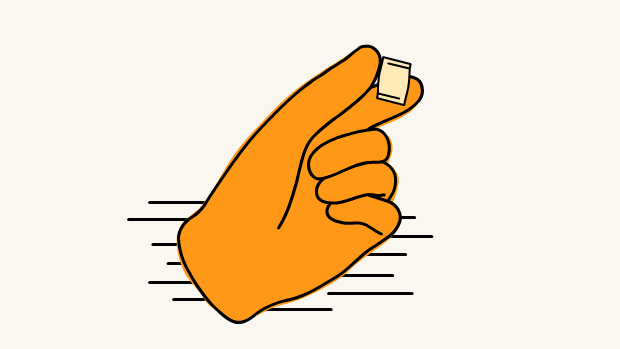
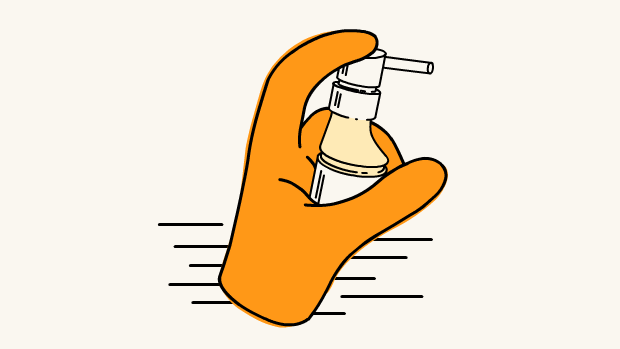
 Apohem
Apohem  Apotea
Apotea  Apotek hjärtat
Apotek hjärtat  Apoteket
Apoteket  Apoteksgruppen
Apoteksgruppen  Kronans apotek
Kronans apotek  Doz apotek
Doz apotek  Meds
Meds